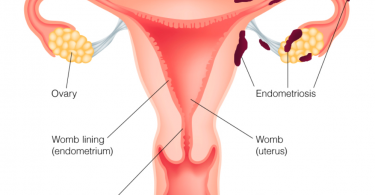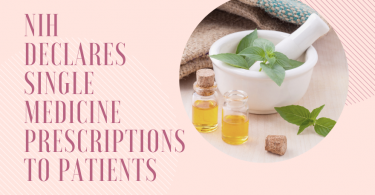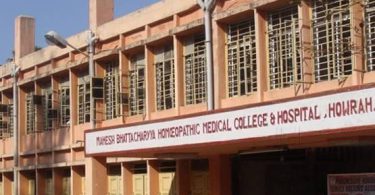 While the Union cabinet dropped the controversial bridge course for practitioners of alternative medicine to study basic allopathy from the National Medical Commission (NMC) bill, the Directorate of Medical Education and Research has decided to continue it in Maharashtra. Classes have already started for the second batch that has admitted 1,200 students.
While the Union cabinet dropped the controversial bridge course for practitioners of alternative medicine to study basic allopathy from the National Medical Commission (NMC) bill, the Directorate of Medical Education and Research has decided to continue it in Maharashtra. Classes have already started for the second batch that has admitted 1,200 students.
“The Centre may have dropped the bridge course from the NMC bill but it has given each state the right to decide whether to continue,” Dr Pravin Shingare, the Director, Medical Education and Research, Maharashtra, said. “We will continue with this certificate course,” Shingare told The Indian Express.
Maharashtra University of Health Sciences Registrar Dr K D Chavan said the academic council had accorded the sanction to start the one-year certificate course in modern pharmacology in 2016-2017. In the first batch, 700 registered homeopathic practitioners had been admitted and had taken the exams. The results were declared last month. Another batch of 1,200 practitioners has been admitted across 24 government and private medical colleges in the state and theory classes have already started, officials said.
The move by the state to allow the bridge course, however, has not gone down well with the Indian Medical Association.
Dr Sagar Mundada, IMA, Maharashtra youth wing president, said all courses have their own importance. “But trying to practice another pathy with half-baked knowledge of a bridge course is criminal to the patients’ interests. A cardiologist studies for 14 years after standard XII in modern allopathy to practice what he does. Allowing AYUSH practitioners to the do the same with a part-time one-year course will be a catastrophe and should not be allowed at any cost,” Mundada said.
The IMA has warned of a major agitation if the NMC bill is passed. According to Parthiv Sanghvi, secretary of the state unit of IMA, the main concern at the IMA is cross pathy. Although the bridge course has been deemed to be not mandatory, there are reasons to believe that the government is enabling a backdoor entry through the states. We will firmly resist the provisions to empower AYUSH or even non-doctors to practise modern medicine through state mechanisms, Sanghvi said.
The IMA has threatened to withdraw medical services if the NMC bill is passed.
The bridge course is totally unethical, says Dr Padma Iyer, the president of the Pune unit of IMA. Despite studying pharmacology for one-and-a-half-year as part of the MBBS curriculum, we are still not prepared for the side effects of medicines. A short-term bridge course is definitely not ethical, Iyer said.
However, countering the mounting opposition are several homeopathic practitioners. For instance, 52-year-old Dr Percy Bharucha, a registered homeopathy practitioner from Mumbai, who was among the 700 students who passed the first certificate course, challenged the Indian Medical Association to advise their doctors to stop employing AYUSH doctors. “In a city like Mumbai, barring few hospitals that have teaching posts, others, including several nursing homes, have no option but to take Ayurveda, Yoga, Siddha, Unani and Homeopathy (AYUSH) doctors. So why deny us the right to deal with modern medicines?” he asked.
A 50-year-old registered homeopathic practitioner, Dr Milind Gaikwad from Karveer tehsil in Kolhapur, who also completed the first bridge course in Maharashtra spoke about the shortage of MBBS doctors in remote villages. With more than 25 to 30 years of experience of working in remote villages and urban areas, Gaikwad and Bharucha represent the group of homeopathic practitioners who prescribe allopathic drugs.
“If I get a patient who has severe pain due to kidney stones, my first job is to alleviate his pain. For this, allopathic drugs are required to flush out tiny stones. The bridge course allows me to understand which drug is important and in what measure it has to be used. Eventually, after the pain subsides, I will provide homeopathy treatment to the patient to prevent formation of the stones,” Bharucha said. “Just like a general MBBS doctor performs minor surgery, I am qualified to stitch an avulsed toenail for instance,” he said.
Dr Bahubali Shah, the former president of the Maharashtra Homeopathy Council who campaigned for such a bridge course said 75 per cent of the homoeopaths in the state were practicing allopathy.
There is a only basic understanding about allopathic drugs and hence, this course provides an opportunity to get a better understanding, he said.
There are 4.5 lakh registered homeopathy practitioners in the country and 70,000 of them in Maharashtra.





